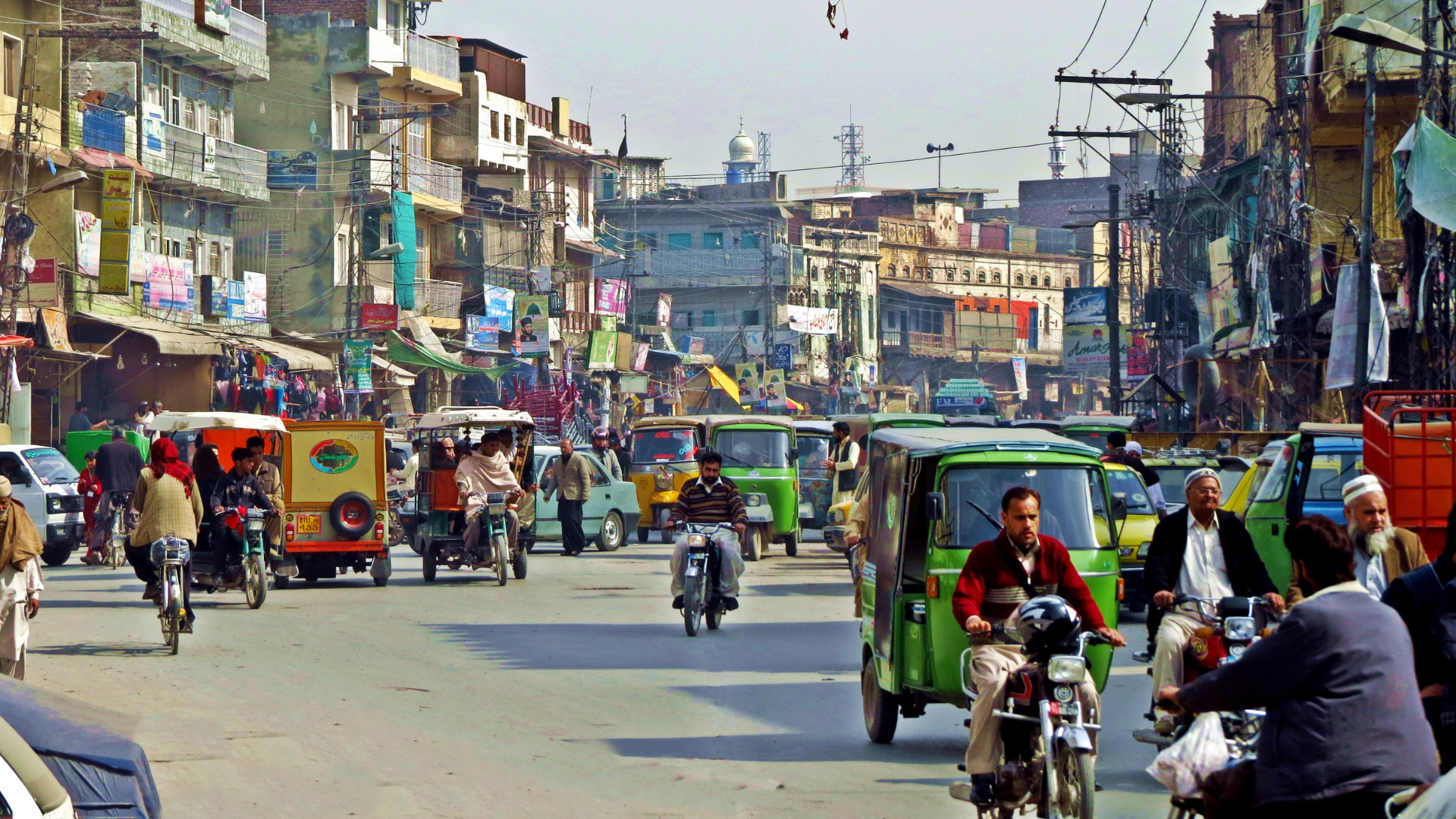- 11.07.2019
- Ecological justice
- Array
The Asian Infrastructure Investment Bank (AIIB) has invested nothing into renewable energy in Bangladesh but has, instead, ploughed millions into fossil fuels, including predominately gas and heavy fuel oil power plants.
Bangladesh is one of the most climate-vulnerable countries in the world and its government has made ambitious commitmentsto renewable energy generation which other lenders, such as the World Bank and Asian Development Bank, have supported.
The findings in a new report today called “Dangerous Distractions” suggests the AIIB is in danger of derailing from its initial promises to become a new “lean, clean and green” investor in global infrastructure. The report is published by the Bank Information Center Europe (BIC Europe), Coastal Livelihood and Environmental Action Network (CLEAN) and the NGO Forum on ADB.
“Bangladesh is not some anomaly. The AIIB’s bias toward fossil fuels is beginning to look like a strategy,” said report author Petra Kjell of BIC Europe. The AIIB has built up an $8 billion global lending portfolio so far – 20% of which has gone into fossil fuels ($1.6 billion) against just 8% for renewables ($660 million), according to a new infographic published by BIC Europe this week.
The AIIB is also experimenting heavily in a risky “hands-off” form of lending to third-party “financial intermediaries” (FIs) – like private equity funds – that affords it little control of where that money ends up, or its social and environmental impacts. So far, 15% of the AIIB’s total lending ($1.2 billion) has gone into FIs despite warnings this could end up supporting fossil fuels and other harmful projects.
The report provides more evidence of that happening: one of the AIIB’s five investments into Bangladesh is via its $150 million stake in the IFC Emerging Asia Fund, into a company called Summit Power, that only operates gas and heavy fuel oil plants.
The AIIB’s investments in Bangladesh – in addition to being linked primarily to fossil-fuelled energy generation – are also beginning to spark other social and rights issues particularly with local communities, according to the report.
Local people around some of the project areas say they are afraid to speak out. Many say they have not been able to access project documentation or that translations have been strewn with errors. Some claim to have been pressurised into selling their lands cheaply to make way for projects. Farmers have complained of going uncompensated for the loss of communal grazing land. Researchers found evidence of environmental destruction around some of the project sites, including the loss of local fresh-water fisheries.
CLEAN spokesperson Hasan Mehedi said, “The coastal zone of Bangladesh is already facing adverse impacts from climate change and the AIIB’s dirty investments are making things worse”. NGO Forum director Rayyan Hassan said the AIIB must immediately commit to a time-bound plan to phase out all of its fossil fuel investments, including gas.
The groups say that the AIIB must produce a climate action plan as other multilateral banks have done. This should include a ban on financing for coal across the board, including for transmission lines and for coal-transporting ports and railways. It should require all the AIIB’s FI clients to disclose their interests in fossil fuel and only invest in those clients that have committed to a full decarbonisation plan.
In Bangladesh, the AIIB should invest in sustainable renewable energy projects, focusing on options that reach those people who are “energy poor”, and guarantee local people adequate compensation for their loss of lands and livelihoods and for environmental harms.

